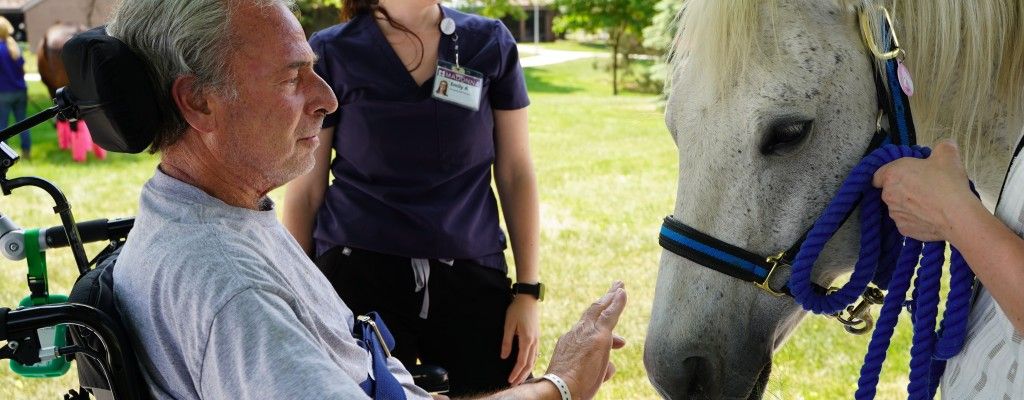John Ketterman spent much of his life on the road, driving semi-trucks. After picking up an extra weekend route in March 2023, the Dover, Missouri, native was in a rollover accident and sustained a traumatic brain injury.
First-responders rushed John to Mercy Hospital Springfield, where he received life-saving care. He then came to Madonna Rehabilitation Hospitals’ specialized brain injury program for injured workers unable to walk or talk, dependent on a ventilator and a feeding tube.
“When he first got to us he could barely tolerate sitting up in his wheelchair for long periods of time,” Emily Adams, OTD, OTR/L, CBIS, occupational therapist, said. “He could barely breathe at times due to having Covid-19 recently and required frequent rest breaks.”
Creativity of programming
Through daily physician visits, coupled with intense physical and occupational therapy, John’s lower extremity strength improved. He began to stand up and walk with less assistance. His therapists focused on his standing tolerance and the skills necessary to manage both home and community living.
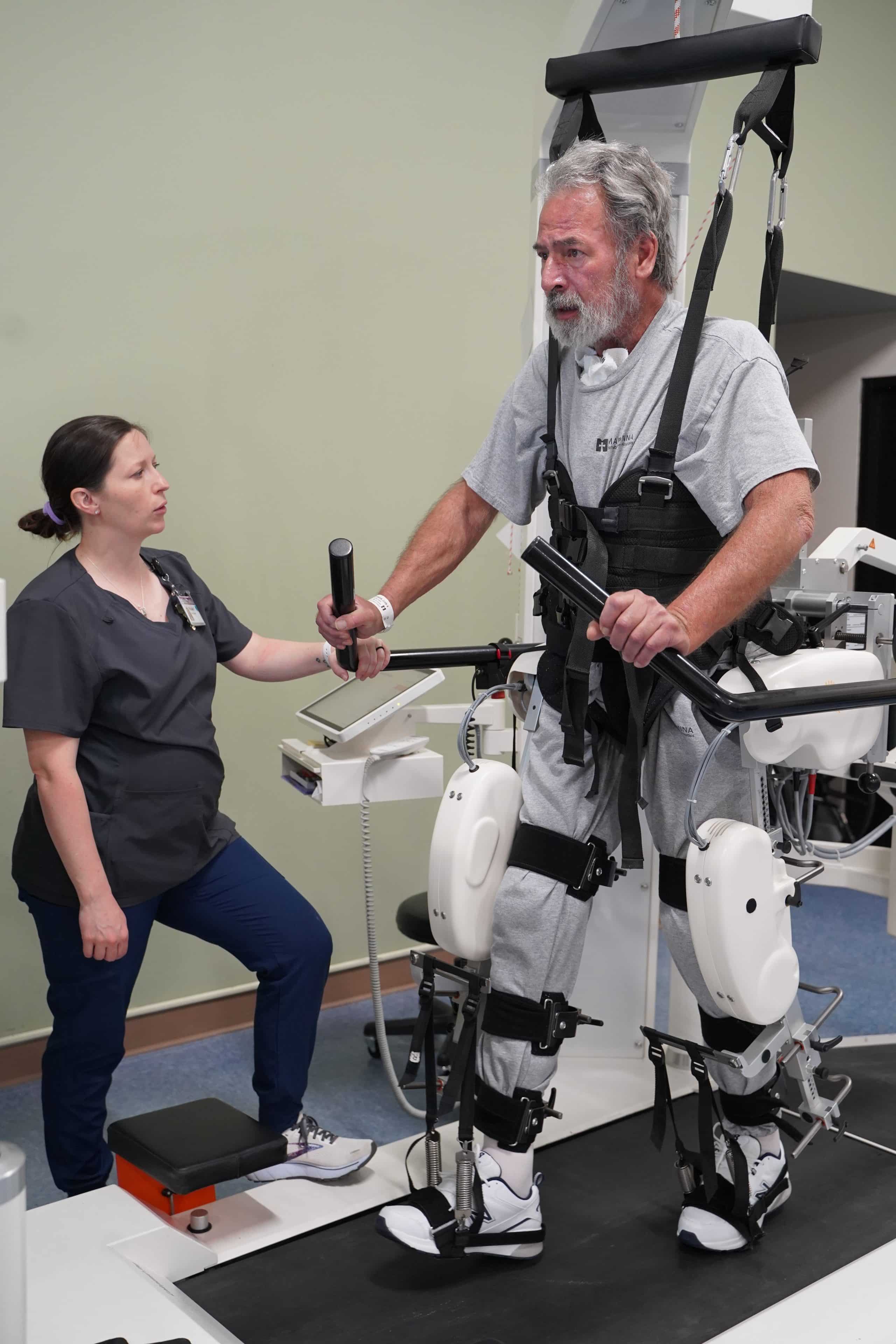
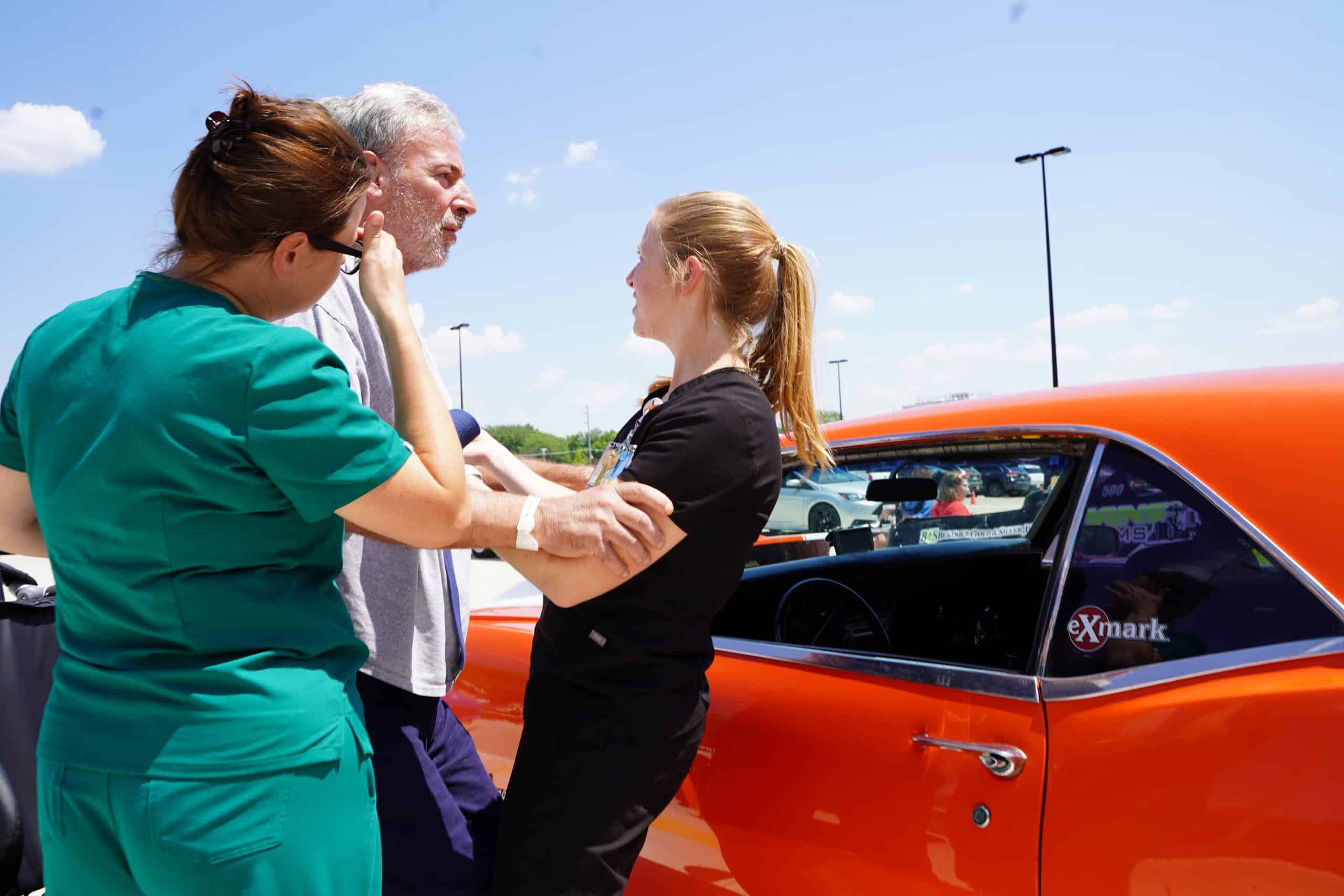
During his five-month stay at Madonna, John’s care team also tried to help motivate him by finding little victories every day or week. They incorporated different activities, such as fishing, horse visits, race car visits, and recumbent bikes, to change up his normal schedule and add some variety to his sessions.
“Since he was here for a longer period of time, it can become hard for patients to see the “light” at the end of the tunnel and focus on continuing to work hard,” Adams said. “He had moments of frustration and taking him out fishing, cycling and to the horses, I could see the light back in his eyes and he would smile and laugh more often.
An unsuspected friendship offers support
He also benefitted from Madonna’s mentoring program and peer community fostered on the brain injury unit, including an unlikely friendship. John connected with Lynne Milimu, another traumatic brain injury survivor from Missouri. Soon, Lynne’s positive reinforcement and competitiveness influenced John’s recovery. The two would frequently push each other to work hard in therapy, and if she walked, he walked. Because of this positive acquaintance, John could recognize the progress in himself, even if he didn’t originally meet all of his goals.
“I wanted to walk out of here,” John said, “And well, I can almost walk. I’ve come a long way. Everybody here has done a really good job.”
While John likely won’t return to truck driving, Madonna’s continuum of care can help individuals like him, who have been injured on the job, reach their greatest level of independence and return to the roles and activities that give life meaning.
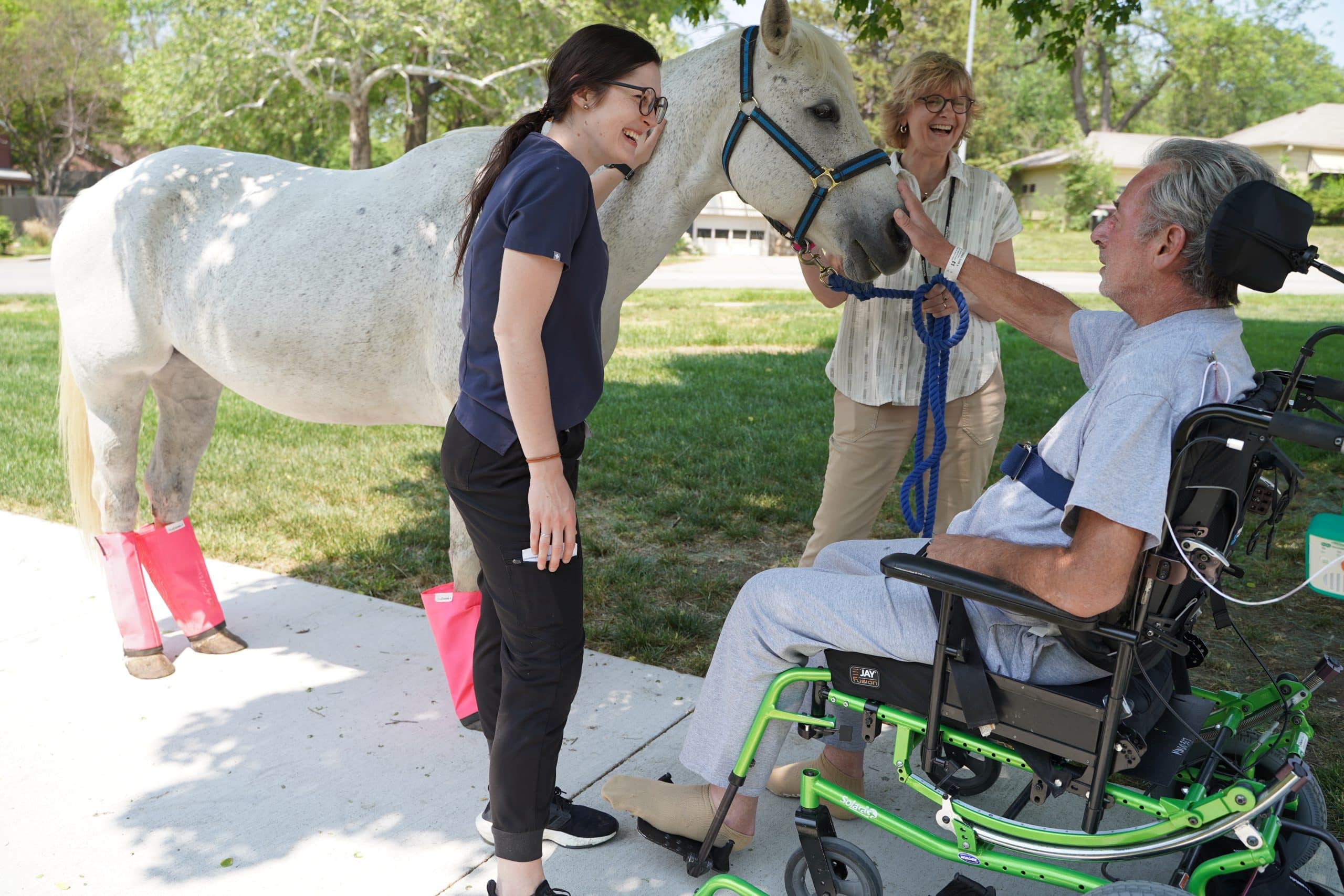
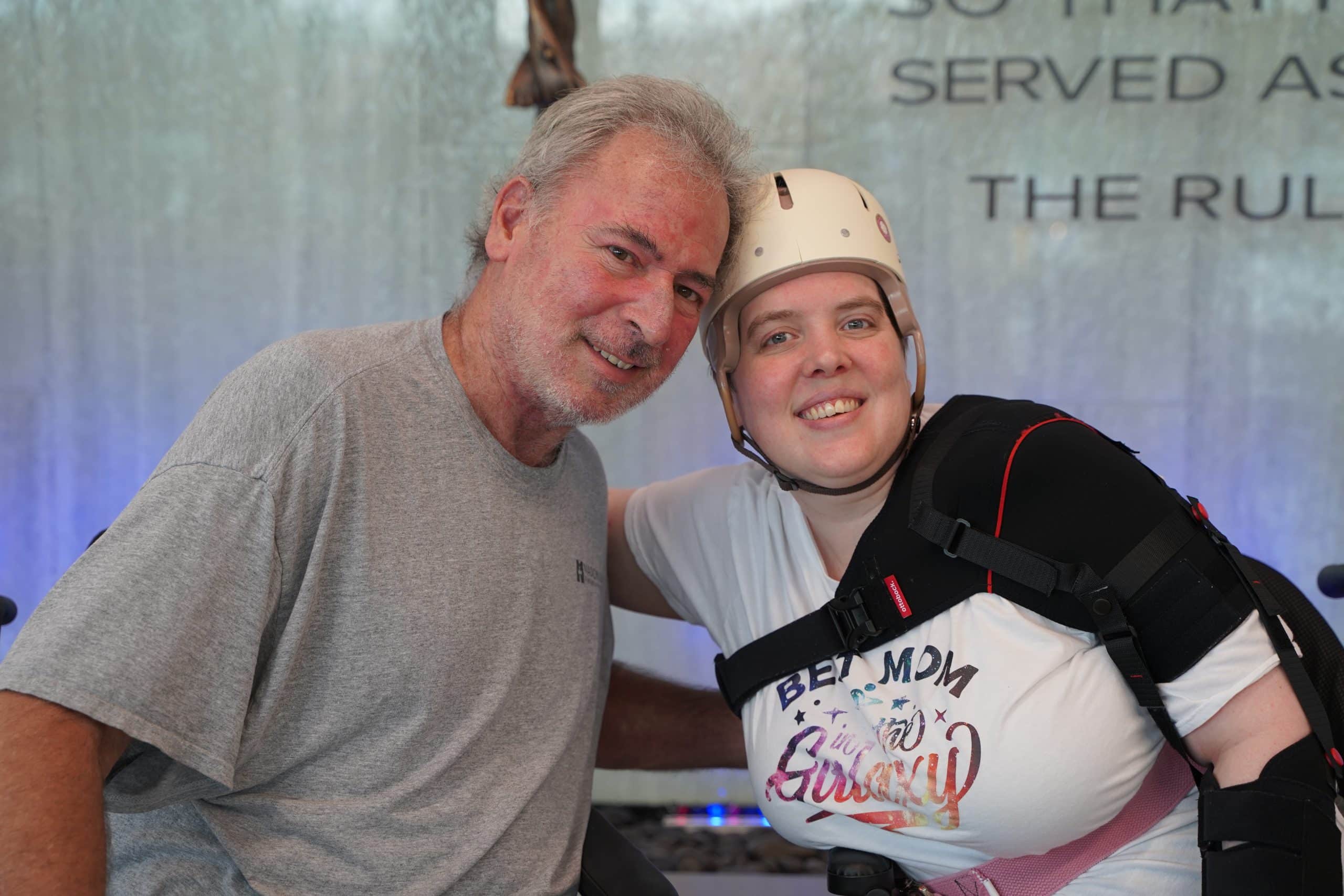

“When someone is severely injured on the job, it is such a sudden and complete change in life for the injured worker and their family,” Jaymie Budler, MSN, RN, CCM, Director of Business Development-Work Comp, said. “Acute care is a whirlwind of surgeries and life-saving measures. We educate the injured worker and the family on the importance of specialized, comprehensive therapy and how it is so important to make strides in recovery. A short time at Madonna will make a huge difference for the rest of their lives. John built friendships and learned how to live in his new life while here at Madonna.”





